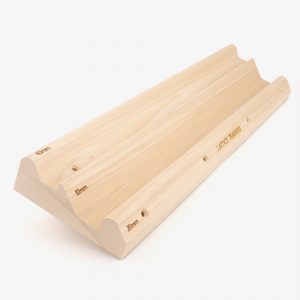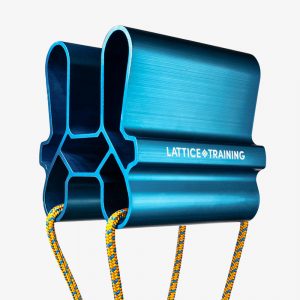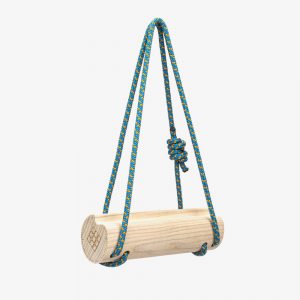Are you Over or Under-Training?
Overload and underload is such a frequent topic that comes up when we talk to climbers about performance and training.
Why? Because it’s possible to get a sub-optimal response from your training in either option!
It’s important to understand how we can create both overloading and underloading.
1. Allostatic Loading
It is important to achieve physical overload in our training to make adaptations needed.
However, there is a fine balance between getting it right and not pushing the load too high as everyone has different life stresses and commitments that can mean a different result from climber to climber.
If your physical load and your allostatic load are both very high, there’s a really good chance you’ll find sub-optimal results from your training, in either increased injury risk or poor training returns.
2. Signs of Overtraining
This is individual to each climber, but our coaches are experienced in identifying signs that are key to recognising overtraining, these signs can be:
- Feeling lethargic or slow/sluggish to warm up
- Performance drops rapidly after warming up – i.e. Feeling strong on a fingerboard session and then after one hang, they drop off a hold. Essentially not be able to sustain max strength.
- Constant fatigue or low motivation for a session.
3. Do Climbers Typically ‘Over’ or ‘Under’ Train?
This is a very common topic for us and probably many other coaches. More often than not, we find climbers tend to overtrain.
By being actually aware of this, we are able to identify and understand common areas that climbers have a tendency to overtrain in.
Too often climbers sneak in additional work for things they love the most, for example some climbers might love doing a strength-based bouldering session that should be 1 hour, but end up doing 2 or 3 hours because they’ve just got carried away.
The crucial component here is planned rest and recovery. It’s important to experiment with your coach, to work out what is optimum for you because it will be different from one climber to another.
Some might work best with 3 days of rest a week whilst others can thrive on 2 (if correctly planned out).
Take a look at what some of our clients say:
“Working with my coach to dial in the correct volume was key!
Now I just focus on the day to day – the climbing and training.
I make my plans clear to my coach and he figures out how to give me the best shot at my goals. If my goals or my circumstances change, he adapts the plan to match.
I’m feeling more confident every day that not only can I survive bouldering through my late 30s, but that my best and hardest climbing is still ahead of me.”
~Jesse
Want to join us on a 1:1 Performance Coaching Plan?
Read more training tips.
Follow Lattice Training on Instagram.





